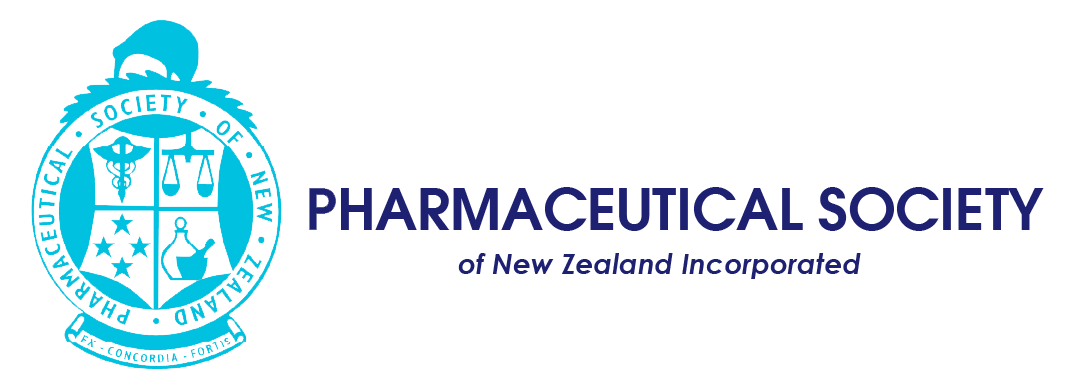Rhiannon Braund Interview
World Pharmacists Day is on 25 September. To celebrate the event, the Pharmaceutical Society interviewed a few of our members to learn more about their roles, challenges, and achievements in the pharmacy profession. Read below the interview with PSNZ National Executive President Rhiannon Braund.
PSNZ: Tell us about yourself. How and why you became a pharmacist.
RB: Dunedin has always been my home, and so I went to University here. My initial degree was in biochemistry, but looking towards the future, I knew there were only a few options. Pharmacy appealed to me as it gave me so many options, primary care, hospital, research, ownership, and that it gave me flexibility in the future for having a family. I loved the patient-centred aspect, and the science of medicines.
PSNZ: The World Pharmacists Day theme this year is "Pharmacy strengthening health systems". How can pharmacists collaborate with other healthcare professionals to strengthen the health system?
RB: Healthcare has moved from a "Dr-centred" approach to a "patient-centred" one. When you look at the patient journey, you see how many people contribute to quality patient care, and how these are complimentary and not competitive. Pharmacists have always been proactive working with and supporting medical clinicians, and I see this relationship as being much more cohesive. I am still disappointed at the problems that occur during the transition of care, and believe that pharmacists have much to contribute here particularly. Collaboration with care teams at the transition of care would make a huge difference to patient care, safety and outcomes.
PSNZ: In your opinion, what are some of the challenges facing pharmacists today?
RB: Workforce is a significant challenge, not just in pharmacy, and not just in Aotearoa. It is still just "glossed over" how many health professionals died worldwide during COVID. While we can try and increase the pipeline, this will not be a quick solution. We need to work differently. Pharmacists (and pharmacy staff) continue to be underpaid, and this has led many pharmacists to look to other careers. We need a new funding model (that pays us as clinicians and not distributors). This should assist recruitment and retention.
PSNZ: We have already seen some changes with the interim Health Plan. What would you like to see implemented in New Zealand's first-ever national Health Plan in 2024?
RB: My one wish is that funding genuinely follows the patient. Those involved in patient care should all be paid for what they do. There are many situations where clinicians are paid to see patients, yet this is irrespective of whether they see them or not. I know this is really complex, but we need to ensure everyone is paid fairly.
PSNZ: More recently, the removal of the co-payment $5 prescription fee was celebrated nationwide by pharmacists and communities around the country. What are your aspirations to improve patient and health system outcomes in New Zealand?
RB: That patients can access the level of clinical care they need, rather than access what is free. By this I mean that the most expensive health care to the system is hospital level, however, it is "free" for patients to go there, even if they have to wait. Most patients do not need that level of care. Even in low-cost access practices, these may be free, but it takes a long time to get an appointment. If other low acuity care can be provided by others (i.e. pharmacists) it not only improves patient outcomes, but saves significant amounts of money. Nothing in health is ever "free" it is only "funded".
PSNZ: What is your "World Pharmacists Day" message to your colleagues?
RB: The difference that pharmacists and pharmacy staff make to patients and communities is significant. Sometimes we get consumed by the volume of work, but at the end of the prescription, consultation, or conversation is someone you have helped. You do make a difference!

